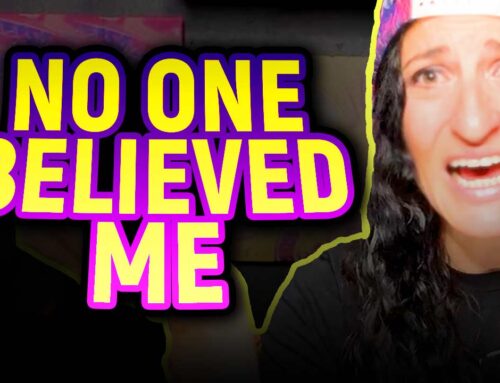It’s October in Kentucky, and temperatures are falling. The sun begins to fall a lot earlier compared to July. Many individuals struggle with a mood that might begin to fall as well. Seasonal affective disorder (SAD) has been recognized since the 1980’s but thankfully, it continues to become more prominent in news and health magazines. The DSM-V (Diagnostic and Statistical Manual of Mental Disorders, Fifth Edition) is the “bible” for therapists to use in order to correctly diagnose their patients. SAD (fitting name!) is now defined as a seasonal pattern of a major depressive or mood disorder for at least two fall/winter seasons. Relief is often found during the spring and summer months.
…I have less energy…I just want to stay home
I believe individuals who do not have these types of mental health diagnoses can also suffer from SAD. How many people do you know say “this time of year I have trouble getting out of bed…I come home from work in the dark and leave for work in the dark…I have less energy…I just want to stay home, snuggle up and eat something good”. Typically, women deal with symptoms of SAD more frequently than men, as well as younger people, beginning around their 20’s. In the Ohio Valley, we deal with severe allergy and sinus issues, contributing to poor physical health, obviously resulting in lowered mental health.
So what do you do about it?
So what do you do about it? Most of us cannot pack up and move to Florida for the fall/winter months. If you have not done so already, get your annual check- up to inquire about your vitamin levels, particularly Vitamin D (the sunshine vitamin). Take supplements as directed by your physician and eat vitamin enriched foods. Get regular exercise! Most people get more activity in the spring and summer months. A lack of energy and lowered mood can also result of your body slowing down for the season. Keep the blood pumping! Get out in the sunshine as much as you can during these cooler months. I plan to invest in a light box to have at my office, not only for my personal use, but to provide my clients a bit of much needed light. For symptoms that persist, contact a mental health professional to inquire what other methods might be useful for you.






